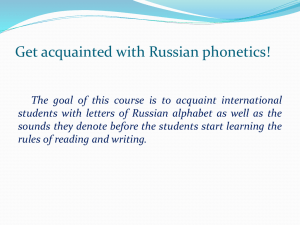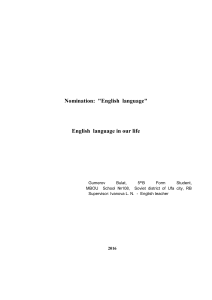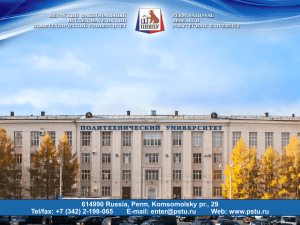A. A. Мокрушина ВОСПРИЯТИЕ ВРЕМЕННЫХ ТЕРМИНОВ
advertisement
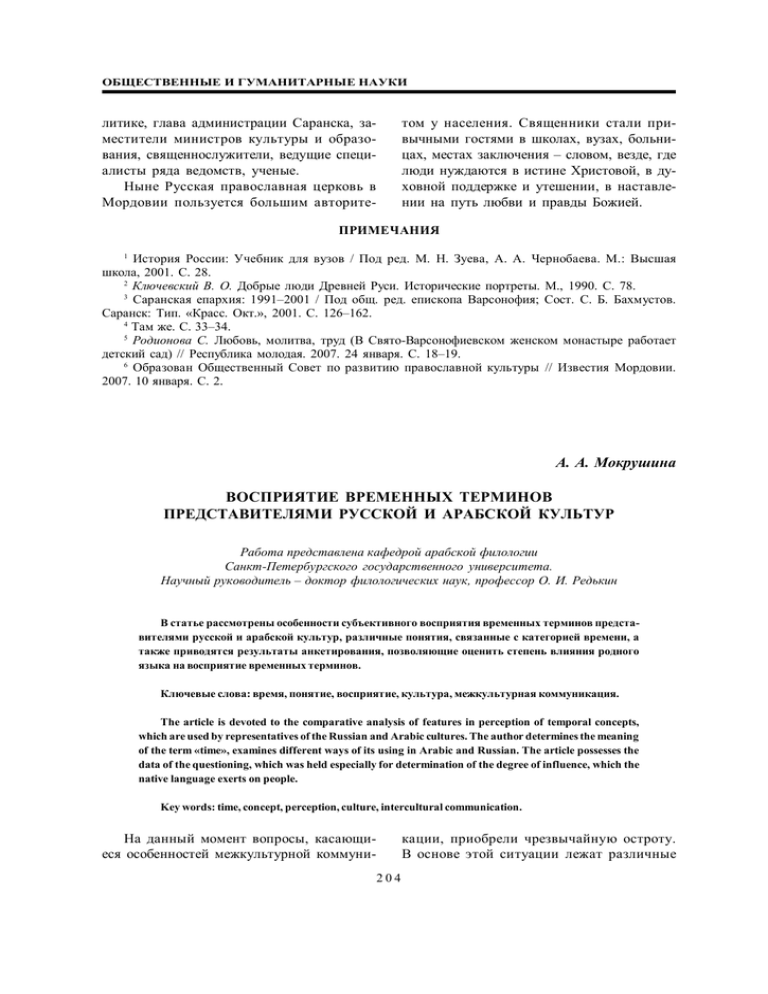
, , , , , . - , , - , – , , , . , . - 1 : , 2001. / 2 . 4 5 . . . , . . . .: . 28. . 3 : .« . . . 33–34. . ) // . : 1991–2001 / . .», 2001. . 126–162. , . ; . , ( . 2007. 24 . ., 1990. . 78. . . . // . . . 18–19. 6 2007. 10 - . . 2. . . – , . . . , , , , . : , , , , . The article is devoted to the comparative analysis of features in perception of temporal concepts, which are used by representatives of the Russian and Arabic cultures. The author determines the meaning of the term «time», examines different ways of its using in Arabic and Russian. The article possesses the data of the questioning, which was held especially for determination of the degree of influence, which the native language exerts on people. Key words: time, concept, perception, culture, intercultural communication. , - , 204 . , , - . . , , , - , , , - , , . « » . , , , , - , - . . «… : … . , , – , - , , ».1 . , , , , , . , - , ( , ., . ) , - , , , . . - , , , , - – . , . , , . ( . , ) , , , . , , , ( ). . ( - ) . : . ? ? - , , 205 - , 2 : , - , - , , , - , , , , – . , – , - , , . , . - , - , , . , , , , - , , , ( , ) . sar ‘an - . . , . . , , . . , , « « , daq qa/la.hd . a/) - !» ( . ( aw lan) – , », , - , - – . . , - , , , . , , , , . ., , . - , , , , , . : – , , , , , - 3 . . – yaf t, yamur, yam d. . , ( . . 206 - » . . « » (1934–1937 - , ). , - – 1 , . . . 2 . . . . . . 3 . ., 1996. .) ., 2004. . 30. . ., 1999. . 140–141; . . 291. . ., 2002. . 39. . » « . » (1934–1937 . . .) , . – , . . . . « , - ». « ». , . . , . . . The article considers a number of works by N. Zabolotsky, published in the «Izvestia» newspaper. Special attention is paid to theoretical argumentation and artistic realisation of the concept of political poetry. It is claimed that in his works N. Zabolotsky rethought the art traditions of Russian classicism in general and M. Lomonosov’s poetic ideology in particular. 1934 1937 . « » 13 . . . - . « »; , »1. » - , . « , » - ,« 2- ”, 207 1930- .,
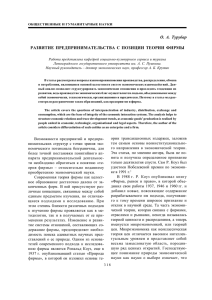
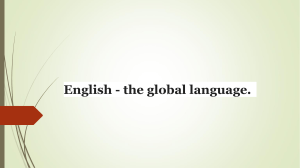
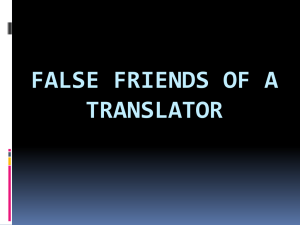
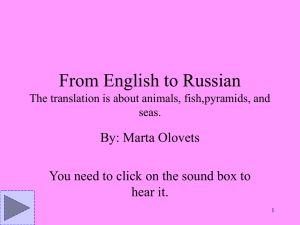
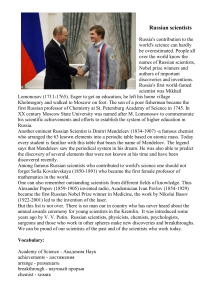

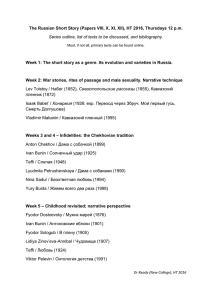
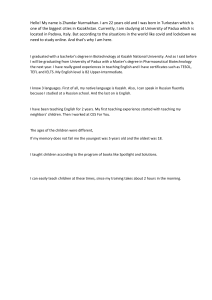
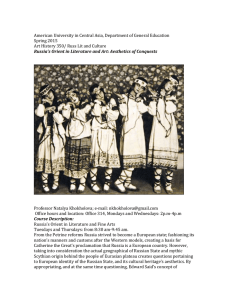
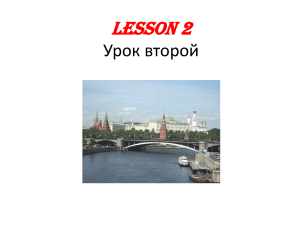
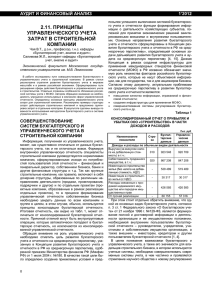
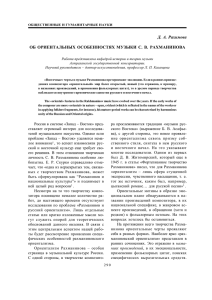
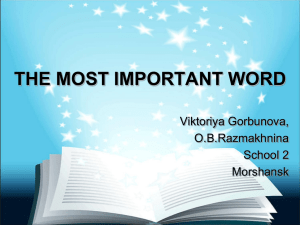
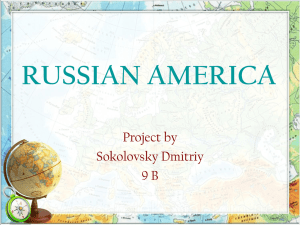
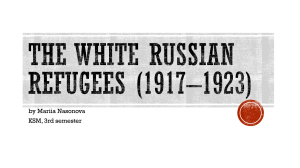
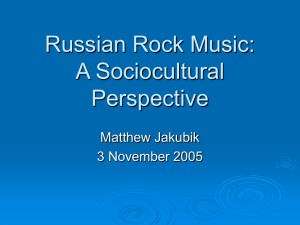
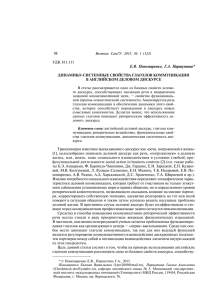
![[N[N]] - University of Oregon](http://s1.studylib.ru/store/data/005078930_1-91d3a60c2ee74894ae2e474f46cc8471-300x300.png)
